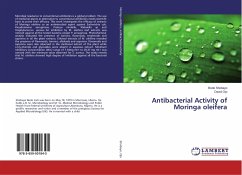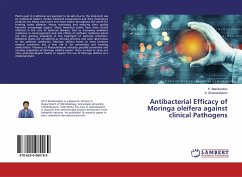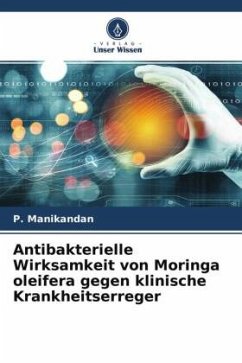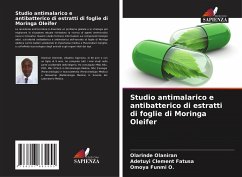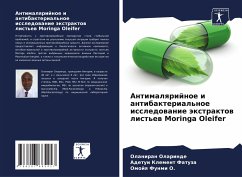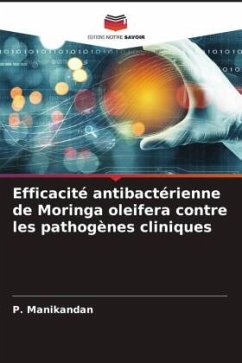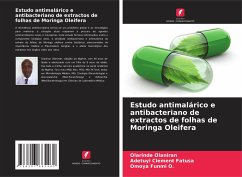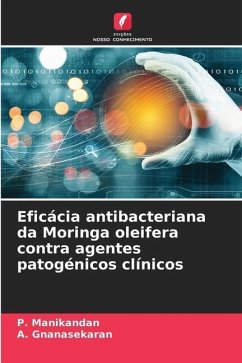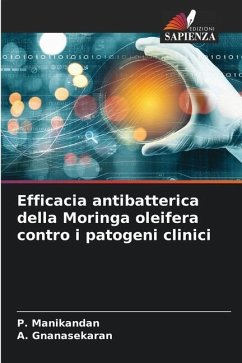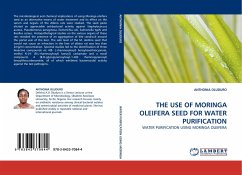
THE USE OF MORINGA OLEIFERA SEED FOR WATER PURIFICATION
WATER PURIFICATION USING MORINGA OLEIFERA
Versandkostenfrei!
Versandfertig in 6-10 Tagen
39,99 €
inkl. MwSt.

PAYBACK Punkte
20 °P sammeln!
The microbiological and chemical implications of using Moringa oleifera seed as an alternative means of water treatment and its effect on the serum and organs of the Albino rats were studied. The seed paste elicited an appreciable antibacterial activity against Staphylococcus aureus, Pseudomonas aeruginosa, Escherichia coli, Salmonella typhi and Bacillus cereus. Histopathological studies on the various organs of these rats revealed the presence of an aggregation of bile canaliculi around the portal vein of the liver. The safe level of the M. oleifera seed that would not cause an infraction in ...
The microbiological and chemical implications of using Moringa oleifera seed as an alternative means of water treatment and its effect on the serum and organs of the Albino rats were studied. The seed paste elicited an appreciable antibacterial activity against Staphylococcus aureus, Pseudomonas aeruginosa, Escherichia coli, Salmonella typhi and Bacillus cereus. Histopathological studies on the various organs of these rats revealed the presence of an aggregation of bile canaliculi around the portal vein of the liver. The safe level of the M. oleifera seed that would not cause an infraction in the liver of albino rat was less than 2mg/ml concentration. Spectral studies led to the identification of three bioactive compounds viz 4(B- L-rhamnosyloxyl) benzyliosothiocyanate, methyl N-{4- (B-L-rhamnosylosyl) benzyl} carbamate and a novel compound, 4 (B-D-glycopyranosyloxy)-1-4(B- rhamnopyranosyl) benzylthiocarboxamide, all of which exhibited bacteriocidal activity against the test pathogens.





